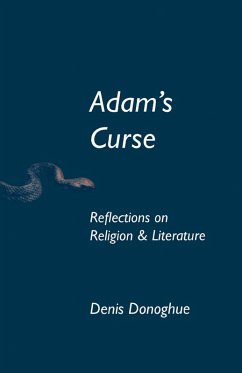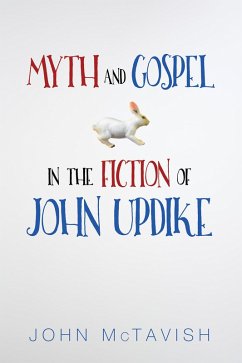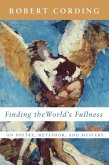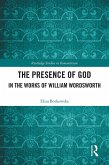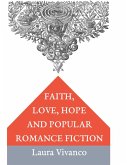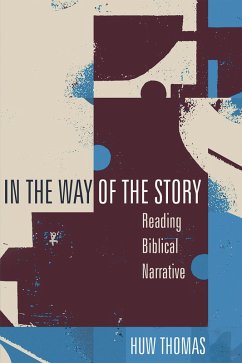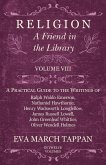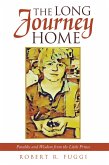Taking its title from a poem of William Butler Yeats, this collection of essays focuses on "Adam's Curse"-the burdens and harsh conditions that, as Denis Donoghue underscores throughout, make any human achievement difficult. As he says, those "conditions include at various levels of reference the Fall of Man, categorical failure, loss, the limitations inscribed so insistently in human life that they seem to be in the nature of things, like death and weather." But hope is never ruled out, as Donoghue reminds us of "the possibility of putting up with the conditions and turning them to some account."
It is the "putting up with the conditions and turning them to some account"-a post-lapsarian struggle fraught with religious questions-that most interests Donoghue. These essays, which are explorations of both faith and literary works that engage faith, address a dazzling range of texts and writers: Yeats, Milton, Larkin, Heaney, Emmanuel Levinas, Alasdair MacIntyre, John Crowe Ransom, Henry Adams, William Lynch's Christ and Apollo, and Robert Bellah's Beyond Belief, among others. Common to all is an alertness to the social bearing of literature and the role it plays in relation to politics, religion, and especially ethics. What emerges, for Donoghue, is the need to restore the primacy of theology and church doctrine without evading the "dark parts" of the Old and New Testaments.
Through his probing, reflective encounters with philosophical and religious issues, we witness a magisterial intelligence at work.
It is the "putting up with the conditions and turning them to some account"-a post-lapsarian struggle fraught with religious questions-that most interests Donoghue. These essays, which are explorations of both faith and literary works that engage faith, address a dazzling range of texts and writers: Yeats, Milton, Larkin, Heaney, Emmanuel Levinas, Alasdair MacIntyre, John Crowe Ransom, Henry Adams, William Lynch's Christ and Apollo, and Robert Bellah's Beyond Belief, among others. Common to all is an alertness to the social bearing of literature and the role it plays in relation to politics, religion, and especially ethics. What emerges, for Donoghue, is the need to restore the primacy of theology and church doctrine without evading the "dark parts" of the Old and New Testaments.
Through his probing, reflective encounters with philosophical and religious issues, we witness a magisterial intelligence at work.
Dieser Download kann aus rechtlichen Gründen nur mit Rechnungsadresse in A, D ausgeliefert werden.

